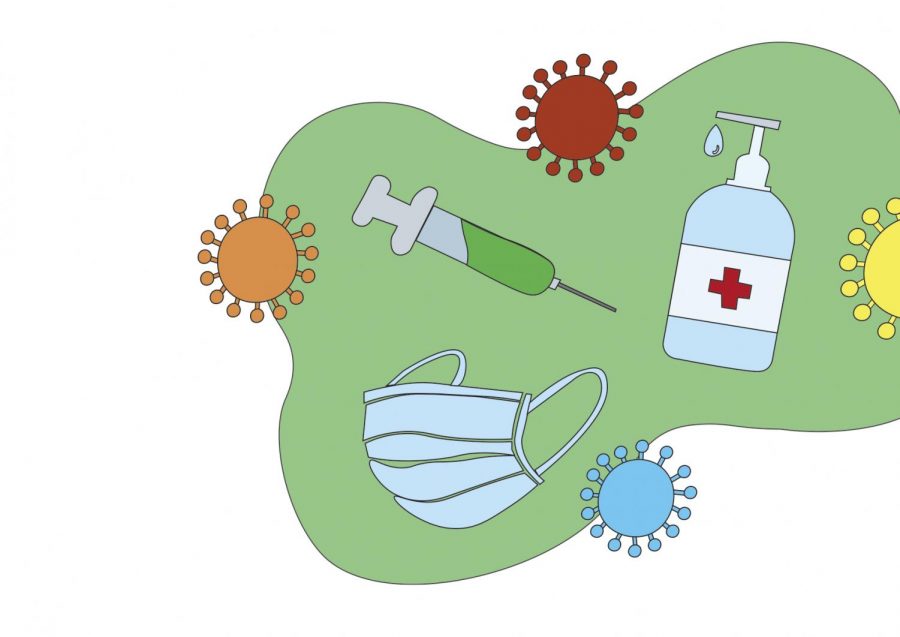As the Coronavirus continues to spread, so do myths and rumors. With the global population affected by the deadly virus in one way or another, the overflow of information online from news articles and social media posts can make it difficult to separate facts from dangerous rumors. According to The World Health Organization (WHO), these Coronavirus myths can be debunked with basic science.
One of the most widely shared Coronavirus myths is that the virus can’t survive in hot and sunny weather and that the virus will die off as summer approaches.
However, according to WHO, “exposing yourself to the sun or to temperatures higher than 25C degrees does not prevent the coronavirus disease (COVID-19).”
In reality, the virus can be transmitted in all weather, including hot and humid. This is evident in the dramatic surge of Coronavirus cases in warmer Southeast Asian countries like Indonesia and Thailand.
As it stands, scientists and medical experts do not know how changes in temperature will influence the behavior of the deadly virus and it is likely something we will observe in the upcoming months.
Another myth busted by WHO is that only older people are affected by the coronavirus.
Although older people and people with pre-existing medical conditions (such as asthma, diabetes, heart disease) are more vulnerable to harsher symptoms from the virus, younger and healthy people are also susceptible.
In the words of WHO, “people of all ages can be infected by the new coronavirus.”
Recent studies have suggested that a child is just as likely to be infected as adults. For example, a study reported in Shenzhen, China on March 5 analyzed medical data from over 1,500 people and concluded that children were just as susceptible.
Furthermore, as fears of the outbreak grow, the general public has been stocking up on facemasks under the misconception that they will shield them from the virus.
While wearing a facemask is helpful in preventing infected people from spreading the virus by covering sneezes, coughs or the release of Coronavirus particles, wearing one will not guarantee protection from the virus.
In a video published on the WHO website, Infection Prevention and Control Consultant Christine Francis said that facemasks alone aren’t enough to protect people from the virus.
“When you wear them, you must combine with hand hygiene and other preventive measures,” she said.
The most effective methods of lowering the chances of infection are to avoid touching your face, social distancing, regularly washing your hands, and disinfecting surfaces. Considering facemasks are in short supply and should be reserved for healthcare workers, the WHO only suggests the use of a mask in specific cases, including if you have a cough, fever, or difficulties breathing. If you have these symptoms, they further recommend that you seek medical attention.





